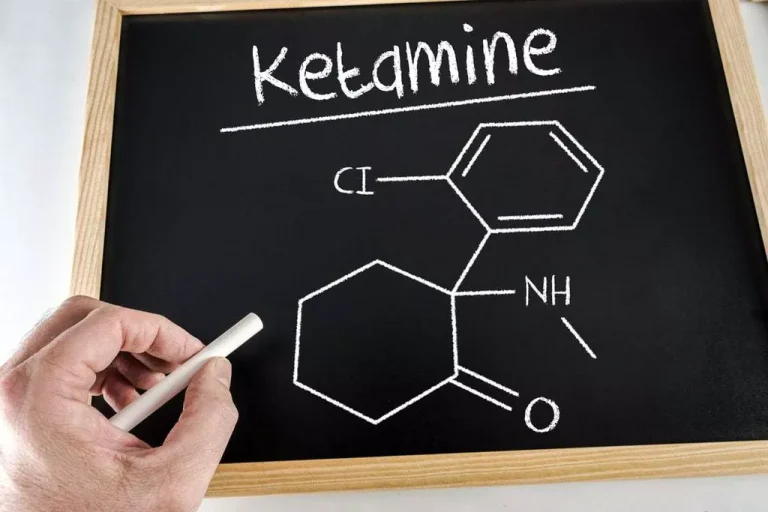Stages of Change in the Addiction Recovery Process

While many people can repair relationships with those closest to them, others may not have that option. These relationships provide support and motivation to continue staying sober. A healthy relationship is one where boundaries are clear and the friend in question respects your commitment to sobriety.

What Are the 6 Stages of Alcohol Recovery?
- Support from loved ones, coupled with professional treatment, lays the foundation for a successful and enduring recovery journey.
- There are factors that pop up again and again when determining who might have an issue with alcoholism.
- These individuals play a vital role in helping individuals navigate the challenges of recovery.
There are no lab tests that define recovery and no universally agreed-on definition of recovery. For many experts, the stages of alcoholic recovery key components of addictive disorder are compulsive drug use that continues despite detrimental consequences, and the development of cravings with the inability to control use. Addiction develops over time, in response to repeated substance use, as the action of drugs changes the way the brain responds to rewards and disables the ability to control desire for the drug. Nurturing long-term recovery involves ongoing commitment to personal growth, self-reflection, and accountability.
Stages of Change in the Addiction Recovery Process
Recovery from alcohol addiction doesn’t happen overnight; there are six distinct stages of alcohol recovery. In theory, it’s the point at which the person can confidently say they have conquered their addiction. They are fully sober, have no cravings for alcohol and do not have a significant risk of relapse. The preparation stage takes a person from “I should” to “I will.” Loose timelines tighten up, and the prospect of entering treatment becomes real.
Do You Need Help? 10 Warning Signs of Alcoholism
- The journey to recovery is highly individualized, with diverse paths tailored to unique circumstances.
- According to the National Institute on Alcohol Abuse and Alcoholism (NIAAA), recovery is a process that involves remission from AUD and quitting heavy drinking for good.
- For many members of 12-step recovery programs, these steps aren’t merely a way to overcome addiction—they are a guide toward a new way of life.
- Building a strong support system is crucial for individuals in recovery.
- The foundation of our luxury rehabilitation center is a holistic approach where we treat the person as a whole and not just their alcohol addiction.
Healthcare providers are vital in identifying and treating PAWS with evidence-based interventions. Adjustments in lifestyle and continuous support can aid individuals during this vulnerable phase. Treatments may include pharmacological interventions, though evidence supporting their long-term efficacy is currently weak. You’ll want to find a rehab center that has medically-supervised detox capabilities so that you can comfortably and safely detox from alcohol.
Abstinence (Early Phase)

The foundation of our luxury rehabilitation center is a holistic approach where we treat the person as a whole and not just their alcohol addiction. Call us today to find out how we can help you overcome your alcohol addiction and hold your hand every step of the way as you detox from alcohol. Recovery from an alcohol use disorder requires effort, time, willpower, and support. When you decide to enter a professional alcohol and drug treatment program, you will begin a journey through four distinct stages of rehab recovery as you learn to develop a healthy and sober lifestyle. During the first 1-4 weeks of recovery, managing PAWS is critical to prevent relapse, as the discomfort of lingering withdrawal symptoms can tempt individuals to return to alcohol use.
- Recognizing addiction’s multifaceted nature is crucial, understanding physiological, psychological, and social components.
- If you have a loved one in this stage, you can pave the way for them to enter the next stage by facilitating a non-confrontational conversation about the pros and cons of their current drinking habits.
- However, as mentioned, sometimes people progress to severe alcohol withdrawal symptoms very quickly.
Hours: Transition Phase and Easing Symptoms

Learning new coping skills for dealing with unpleasant feelings is another pillar of recovery. Alcohol medical detox is a crucial process supervised by professionals to manage severe withdrawal symptoms and ensure individual safety during alcohol addiction recovery. In the journey of alcohol recovery, Stage 3 involves detoxification and managing withdrawal symptoms. This stage is a critical step towards achieving sobriety and lays the foundation for further treatment and rehabilitation. Alcohol recovery is of utmost importance for individuals struggling with alcohol addiction. It offers an opportunity to break free from the destructive cycle of alcohol abuse and regain control over one’s life.
What Is the Last and Most Important Step in Alcoholism Treatment?

That’s why we have a comprehensive set of treatment providers and don’t charge for inclusion. We do not and have never accepted fees for referring someone to a particular center. Providers who advertise with us must be verified by our Research Team and we clearly mark their status as advertisers. Professional treatment aims to treat both the physical and emotional aspects of addiction, helping you detox safely and process the underlying causes for addiction.
